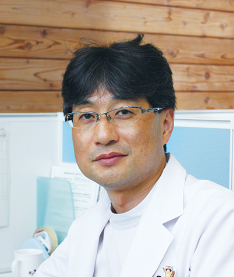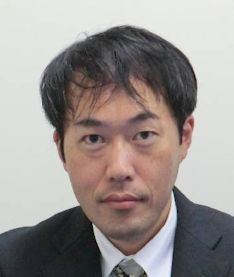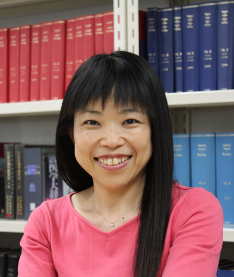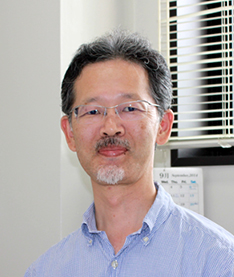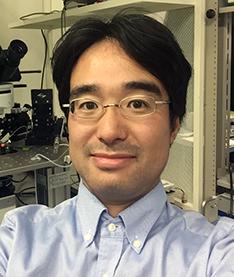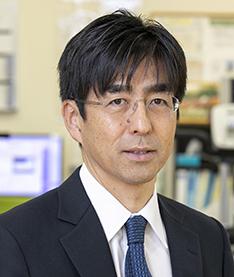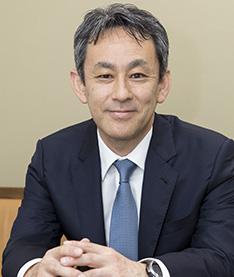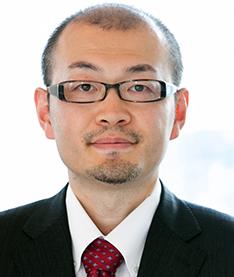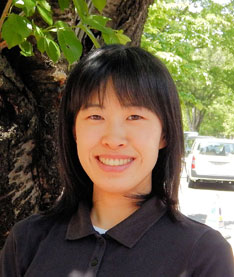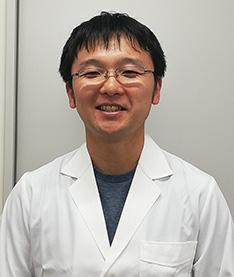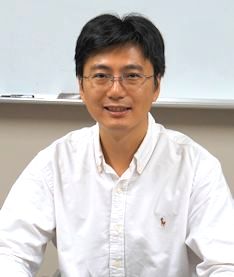Head of the Department of NeuroHealth Innovation
Academic Assembly Professor (Institute of Health Sciences), Ph. D. in Medicine
Research Professor
Full-time Contributor
Department of NeuroHealth Innovation
We focus on the pathologic characterization, prevention, and treatment of intractable neurodegenerative diseases that are the cause of dementia and neuropsychiatric disorders and lifestyle-related diseases through approaches involving amyloidosis, neurosynapses, and sports medicine research.
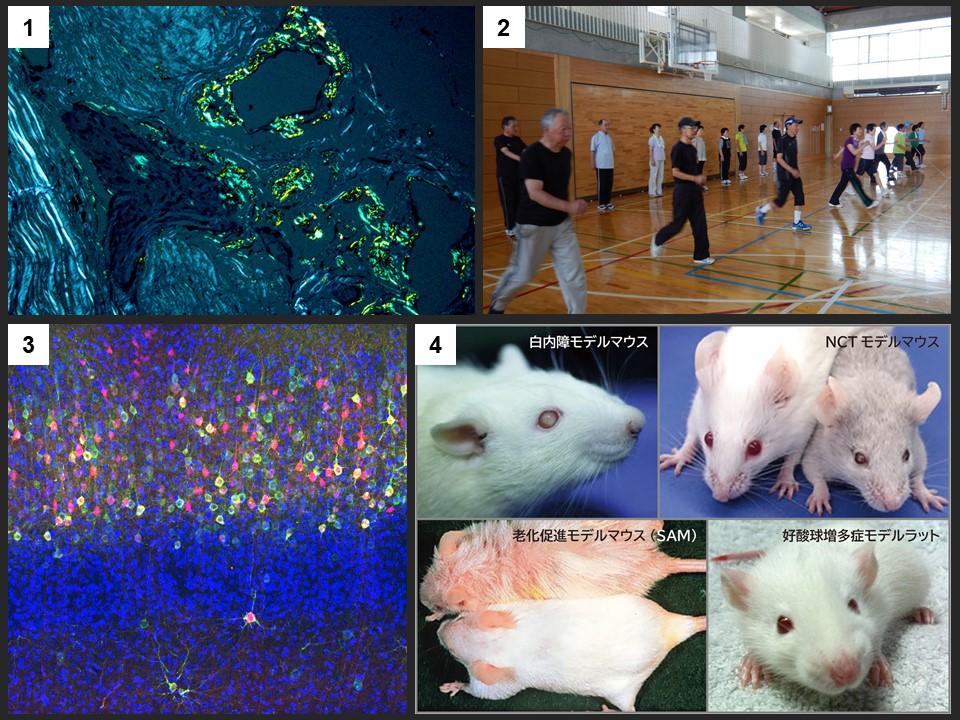
- 1. Neuronal and vascular amyloid deposition of a familial amyloid polyneuropathy patient
- 2. Interval walking training
- 3. Gene introduction to pyramidal neurons in layer 2/3 of the mouse neocortex.
- Red represents the expression of Red fluorescent protein from Discosoma sp., green represents the expression of CASK, a causative gene of a type of neurodevelopemental disorder, and yellow represents neurons expressing both. The nuclei of all the neocortical cells were shown in blue. (Image from Mori et al. Molecular Psychiatry 2019)
- 4. Disease-model animals


